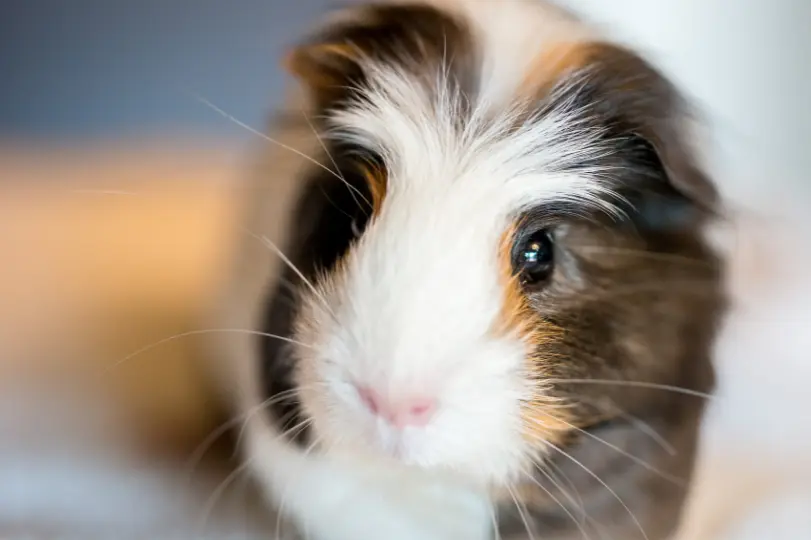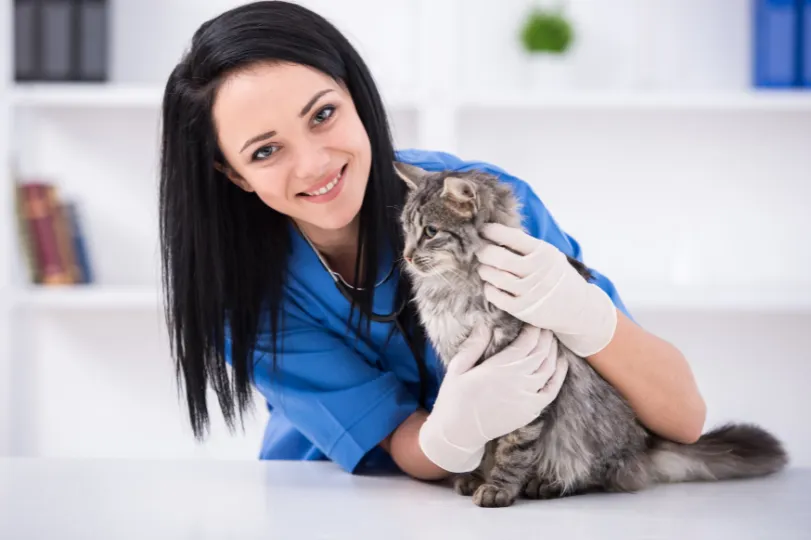Top 6 Natural antibiotics for guinea pigs | PetVet PetFood Tips
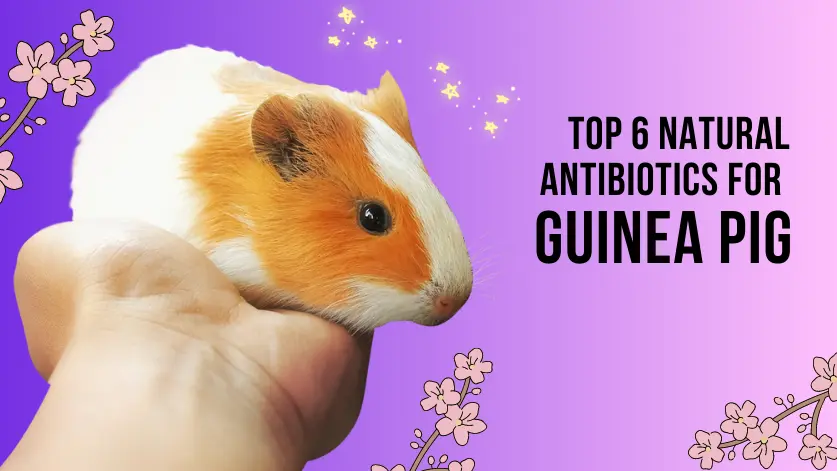
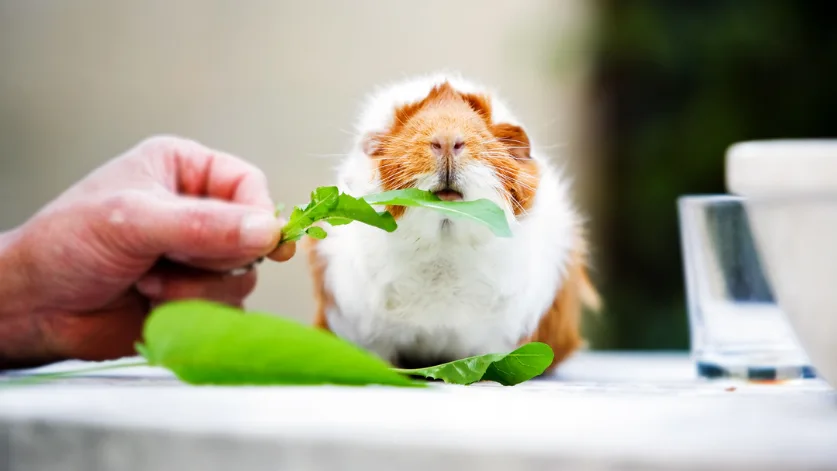
Owners of guinea pigs increasingly appreciate nature’s role in maintaining their pets’ health. Among many potential natural treatments, one area gaining attention for its surprising benefits is natural antibiotics. These remedies can play a significant role in sustaining and improving the overall health of guinea pigs. Let’s learn deeper about the exciting and beneficial field of natural antibiotics for guinea pigs.
Explore Top 6 Natural antibiotics
- Garlic
Garlic has natural antibiotic properties and is generally safe for guinea pigs. It’s important to limit servings, as large amounts can have harmful effects.
- Raw Honey
Honey is known for its antibiotic, antifungal, and healing benefits. However, use it sparingly as it’s high in sugar.
- Salvadora Plant
The Salvadora plant, specifically the root, can act as a natural antibiotic. Although, always consult a vet before making any changes to your pet’s diet.
These are only a few examples of options. If you choose this route, preliminarily confer with a guinea pig expert or a qualified veterinarian as they are conversant with the digestion systems of these lovely pets and will guide you suitably. Also remember that dietary changes should be gradual to avoid upsetting their delicate gut system.
- Echinacea
Echinacea is esteemed for its immune-boosting properties and holds some antibacterial value. It has a plant version that any pet can consume comfortably.
- Golden Seal
This potent natural antibiotic treats various health conditions in guinea pigs, including pink eye and bacterial skin infections. However, do not administer without professional advice.
- Barberry
Barberry is also beneficial. Rich in berberine, it prevents bacterial resistance and aids digestion.
Besides its medicinal properties, Barberry provides notable vitamins that support good health in your guinea pig. Though, just like all others, it’s essential to maintain moderation and seek professional guidance.
Conclusively, looking after your guinea pig wisely contributes to their longevity and ongoing joy. Understanding the suitable use of natural antibiotics can improve your pet’s health manifold while keeping them free from harmful side effects. Always remember: natural products do not replace veterinary care, but they can certainly complement it! Be a responsible pet parent while banking on nature’s benefits.
Benefits of Natural antibiotics for guinea pigs
Natural antibiotics can offer numerous benefits for your guinea pig’s health and wellbeing.
- Improved Immune System
: Natural antibiotics often come with many vitamins that help boost the immune system, ensuring your pet is equipped to fight off infections.
- Maintaining Gut Health: Some natural antibiotics support balanced gut bacteria, which are critical for your guinea pig’s digestion, hence promoting a healthy digestive system.
- Reduction of Side Effects: Compared to synthetic antibiotics, natural options are gentler on your pet, thereby lowering the risk of harmful side effects.
- Prevention of Antibiotic Resistance: Regular use of natural antibiotics slows down the development of antibiotic resistance.
- Animal-Friendly: Most natural antibiotics like those mentioned (garcinia, honey, Salvadora plant, echinacea, golden seal, and barberry) are animal-friendly.
are vegan-friendly, making it a really sustainable, harm-free way to remedy minor ailments in guinea pigs. Switching over to them also decreases the dependency on commercially manufactured medicine.
Safe Use of Natural Antibiotics
Here are some guidelines on practicing the safe use of natural antibiotics for your domestic fuzzy companion.
- Proper Dosage: Ensure to always give the correct proportion of the antibiotic. Too much can potentially harm your guinea pig.
- Consult a Vet: Always consult your pet’s vet before altering your guinea, pig’s diet or administering natural antibiotics.
- Quality Assurance: Make sure the all-natural antibiotics used are organic and free from harmful pesticides or additives.
- Follow Steps: When introducing new foods or treatments to your guinea pig’s routine, take it slow to allow your pet’s system to adjust.
- Monitor Health: Be vigilant about your pet’s health changes post administration to recognize any negative reactions quickly and seek server help if needed.
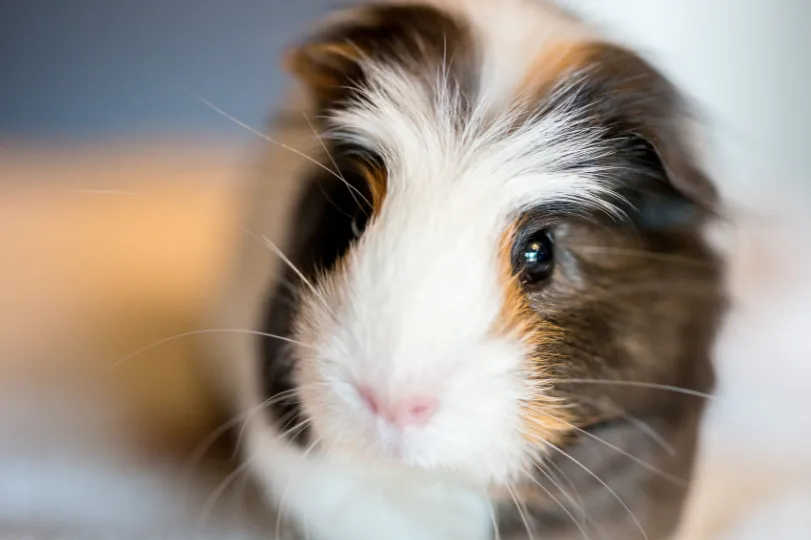
Boosting Your Guinea Pig’s Health with Antibiotics
Natural antibiotics in your guinea pig’s diet can significantly enhance their overall health and vitality. By harnessing the therapeutic properties of these substances, you can help boost your pet’s robustness.
- Garlic’s Antioxidant Powers: Moderate consumption of garlic can fortify your pet’s immune system due to its rich antioxidant content.
- The Healing Touch of Honey: Aside from serving as an antibiotic, raw honey also contains antifungal and healing properties that keep guinea pigs in good health.
- Echinacea for a Robust Immune System: This unique plant boosts immunity and holds inherent anti-bacterial properties, which are beneficial in building guinea pig’s resistance against diseases.
- Digestion Support from Barberry: Barberry plants can significantly help improve your guinea pig’s digestion with its rich berberine content, apart from acting as a natural antibiotic.
- Balanced Gut Health with Salvadora Plant: This plant, especially its roots, can help balance bacteria in the guinea pig’s gut, augmenting digestion and overall health.
Remember: moderation is key. As robust as certain natural antibiotics may be, they can disrupt the delicate balance of their tiny bodies if given in excess. Always monitor your pet’s response to these natural boosts to its wellbeing.
Reducing the Risk of Antibiotic Resistance with Natural Alternatives
Decreasing dependency on synthetic antibiotics and exploring natural alternatives can help prevent the alarming issue of antibiotic resistance in guinea pigs. Natural antibiotics can play a crucial role in achieving this feat.
- The moderate use of Antibiotics: Opting for natural options over synthetic whenever feasible. Overuse can lead to antibiotic resistance.
- Natural Antibiotic Variety: Ensure to toggle between various natural antibiotics. Exposure to a plethora of antibiotics can ward off potential resistance.
- Spot Prescription Mistakes: Always consult with your vet before administration. Incorrect or unnecessary prescriptions of antibiotics can increase resistance over time.
- Recognize Red Flags: Unnecessary or incorrectly prescribed antibiotics may buoy antibiotic-resistant bacteria. Keep a keen eye on any shifts in health or behavior post administration.
- Education is Key: Educate yourself on the risk posed by antibiotic resistance and on the alternatives available. Arm yourself with knowledge so you can make the best choices for your pet.
This proactive approach can drastically reduce antibiotic resistance and ensure the continued well-being of your beloved pet.
One more thing to remember is that the size of guinea pigs significantly affects dietary tolerance. It’s paramount to adjust serving sizes to suit your pet. Lastly: love, care, and a homely environment are, unquestionably, the best remedies.

How Much Does a Prairie Dog Cost? - PetVet Petfood Tips
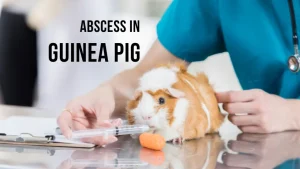
Understanding Abscess in Guinea Pigs | PetVet PetFood Tips

Homemade Probiotics for Cats: Pet Vet Guide

Doxycycline for dogs without vet prescription
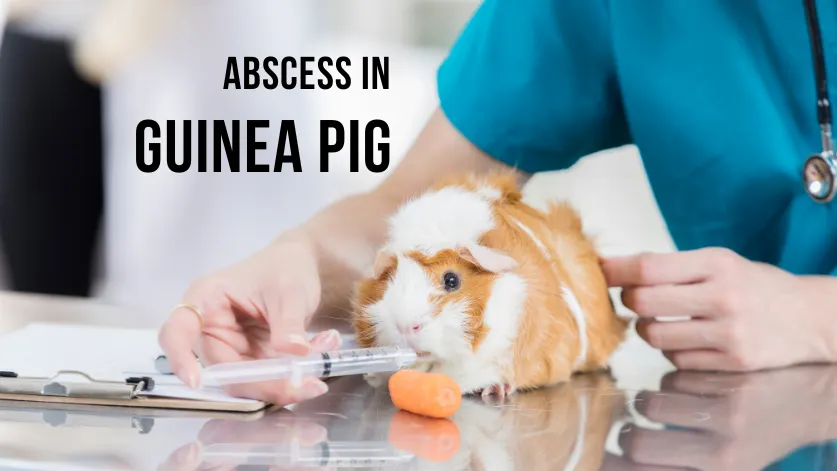
Understanding Abscess in Guinea Pigs | PetVet PetFood Tips

Top 6 Natural antibiotics for guinea pigs | PetVet PetFood Tips
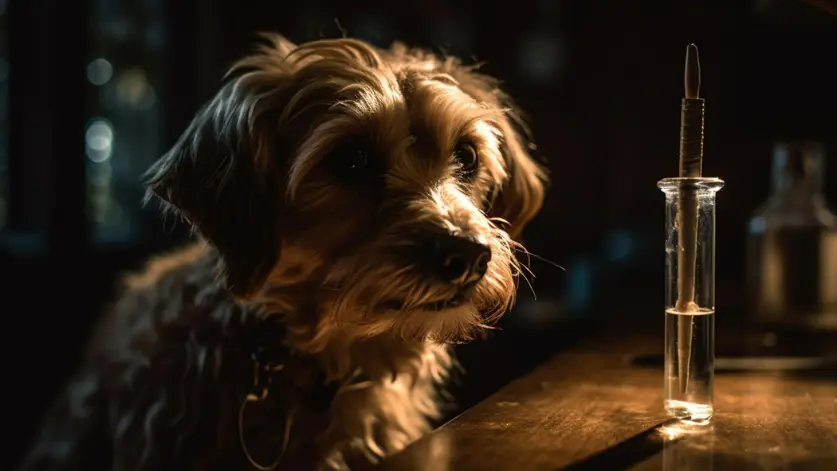
Doxycycline for dogs without vet prescription
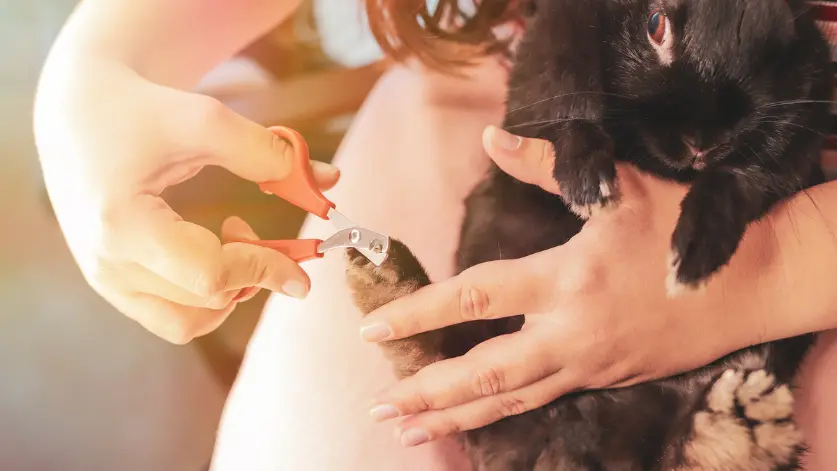
How to keep Rabbits nails short without cutting



